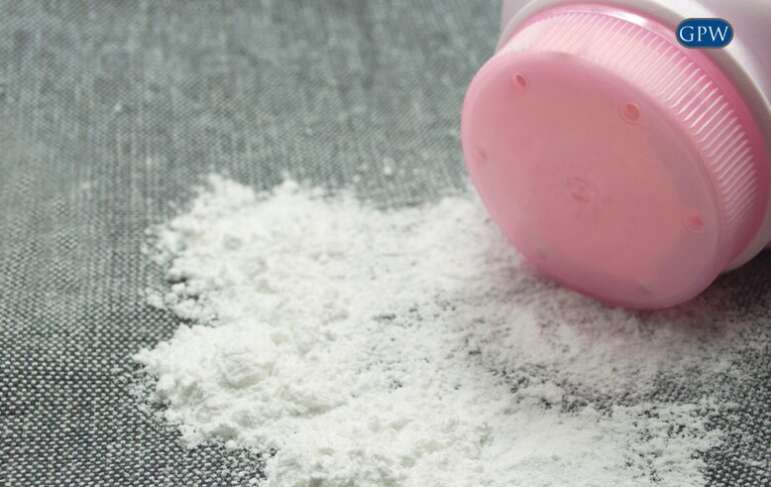Talcum Powder and Ovarian Cancer: Legal Battles and Health Concerns
Recent research published in the Journal of Clinical Oncology has raised concerns about the potential link between talcum powder use and ovarian cancer. This analysis, conducted by researchers from the National Institutes of Health (NIH), suggests that applying talc powder to the genitals may increase the risk of ovarian cancer, particularly among those who use the product frequently or for extended periods.
Legal Battles
Johnson & Johnson (J&J), a prominent manufacturer of talc-based baby powder, has faced numerous lawsuits alleging that their products contributed to ovarian cancer and mesothelioma. These legal disputes date back to the late 1990s, with plaintiffs claiming that J&J’s talc powder contained asbestos, a known carcinogen. Despite J&J’s denial of any asbestos contamination and insistence on the safety of their talc products, the lawsuits persist. In response to the mounting legal challenges, J&J proposed a multi-billion dollar settlement to resolve the lawsuits. However, the company’s attempts to settle through bankruptcy court have been met with resistance, with courts questioning the necessity of such measures.
The financial fallout from talc-related lawsuits is significant, with undisclosed mesothelioma settlements prompting a $2.7 billion charge in the first quarter of 2024. Previous bankruptcy filings temporarily halted talc litigation, but recent rulings have reignited trials. Despite this, J&J remains resolute in defending itself against lawsuits while actively seeking support for the proposed settlement.
Scientific Debate
While J&J maintains that talcum powder is not linked to ovarian cancer, the recent NIH study adds weight to the argument presented by plaintiffs in ongoing litigation. The study, based on data from over 50,000 women, suggests a correlation between talc use and ovarian cancer risk.
The association between talc and asbestos is a key point of contention. Talc and asbestos often occur together, leading to potential contamination of talc products. Although J&J denies the presence of asbestos in their products, evidence suggests otherwise, with court documents revealing knowledge of contamination dating back several decades.
Aside from asbestos, other factors may contribute to the association between talc use and cancer. Some talc products contain phthalates, which can disrupt hormones and potentially increase cancer risk. Additionally, talc’s abrasive nature may cause inflammation, a known precursor to cancer development.
Consumer Awareness
The findings of the NIH study underscore the importance of reevaluating the use of talc-based products, especially among women. Despite historical norms and marketing efforts promoting talcum powder for feminine hygiene, experts caution against such practices, emphasizing the self-cleaning nature of the genital area.
The ongoing legal battles surrounding talcum powder highlight the complex interplay between science, corporate accountability, and public health. As researchers continue to investigate the potential risks associated with talc use, it becomes imperative for consumers to make informed choices about personal care products.
If you or a loved one has been diagnosed with an illness due to talcum powder exposure, you could be entitled to compensation. Contact us today at 412-471-3980 to protect your rights and secure the compensation you deserve.




